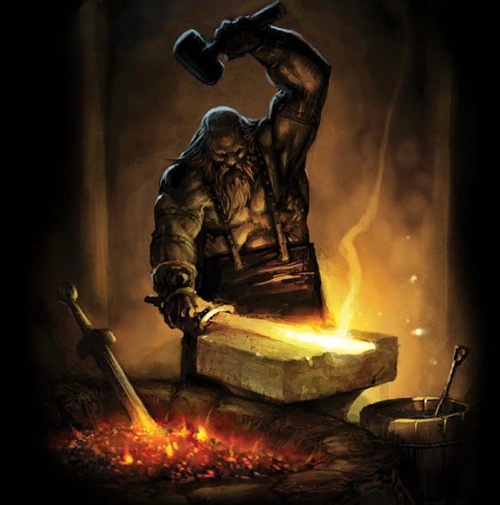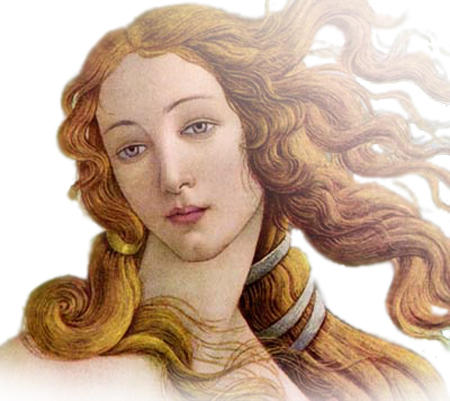|
|
Hi Whyvillians! I'm back with another component to the series of "Behind the Myth." Today, I've chosen Hephaestus, and remember if there is any God you would like to see in this series, feel free to y-mail me!
Hephaestus is the God of fire and metalworking. He was usually described as a bearded man, holding a hammer at all times. He is the son of Zeus and Hera, but some say just Hera alone. He was born lame, so Hera threw him off of Mount Olympus. He was retrieved by Achilles' mother Thetis, and she had raised him. Hephaestus was never seen as attractive to any of the Gods of Olympus. Many saw him as a joke because he could not walk like the regular man. Some say he was lame since birth, but some say he became lame when he was thrown off of Olympus. He was thrown off twice, one by Hera, and one by Zeus. After his first fling-off by Hera, he returned, and Zeus and Hera were quarreling. Despite his mothers cruelty, he took Hera's side, and was once again flung off of Olympus because of Zeus' rage.

Hephaestus was so devoted to his work that he went around Olympus and made statues of many of the Gods. People admired his work, and their opinions of him started to turn around ever so slightly. He was famed with these other works as well; Hermes' winged helmet and sandals, the Aegis breastplate, Aphrodite's girdle, Achilles' armor, and many more. Since Hephaestus was the most unattractive of all the Gods, he was given Aphrodite's hand in marriage. Aphrodite was not pleased with being married to someone as unattractive as Hephaestus, so she had begun an affair with Ares. He sets up a trap to humiliate the two, but Poseidon persuades him to let them go.

In my eyes, Hephaestus should not have gotten the terrible treatment he had received in his younger years, and with Aphrodite. I feel as if Hephaestus is a critical God and plays a vital role in their society, in building statues, weapons, and armor. But, you can't change legend!
Until next time,
- dxdxdxdx
Author's Note: Sources: http://en.wikipedia.org/wiki/Hephaestus
http://www.pantheon.org/articles/h/hephaestus.html
|